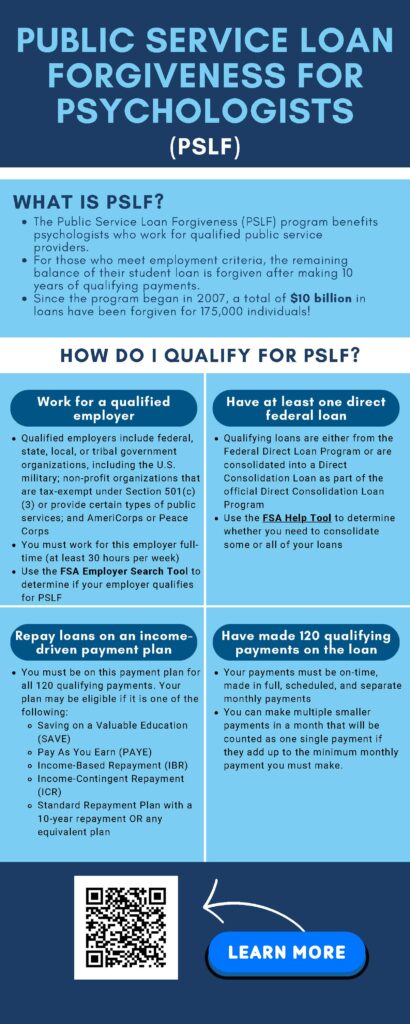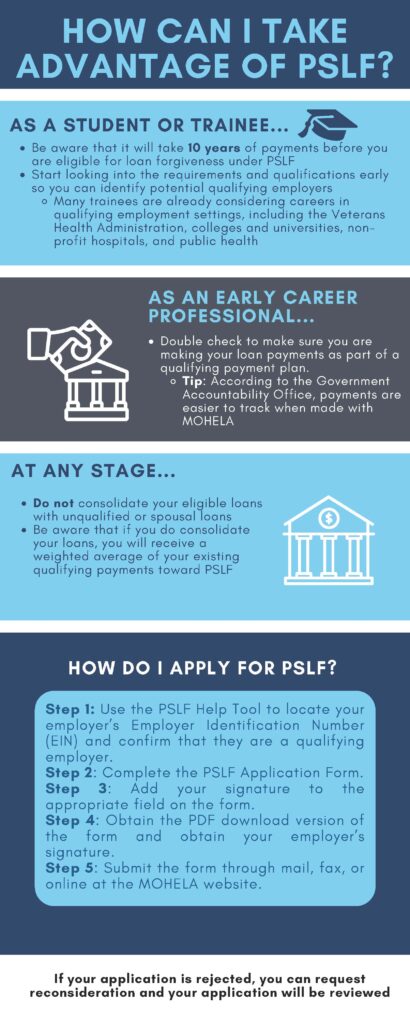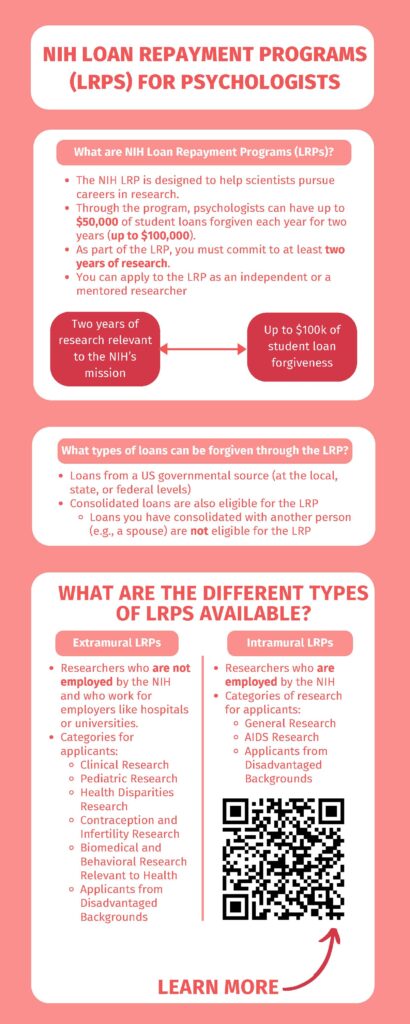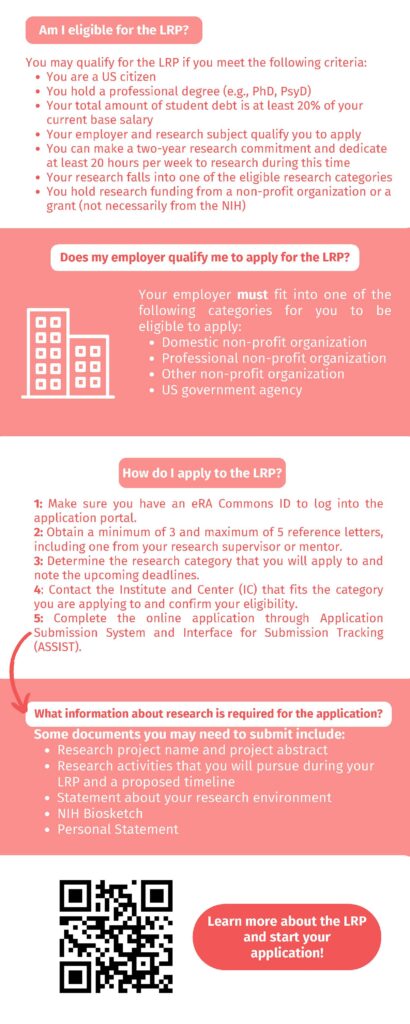Every year, graduate students apply for $1,000 worth of funding to provide support for their psychological research endeavors through the American Psychological Association of Graduate Students (APAGS) Psychological Science Research Grant (PSRG). This year, we are proud to provide $12,000 of funding in $1,000 increments: $9,000 awarded to student researchers with an additional $3,000 awarded to innovative research dedicated to topics on diversity and inclusion. I am incredibly excited to announce the winners of our 2024 PSRG Grant applications!
Here are PSRG winners for the general category:
Christopher Gomez aims to investigate the relationship between exposure to community violence and experiences of peer conflict among Latino youth and how these experiences are related to changes in daily negative affect and peer conflict. Additionally, this study seeks to explore the mediating role of daily negative affect and peer conflict on the relationship between community violence exposure and school engagement.
Jill Smokoski proposes a mixed-methods study which aims to provide an overview of associations between racial trauma symptomology and key aspects of parenting. Qualitative interviewing will be used to allow for a greater understanding of how caregivers’ experiences of racial trauma shape their parenting beliefs and behaviors.
Jenna Stadheim plans to understand the experience of young adults with autism spectrum disorder (ASD) and/or attention-deficit hyperactivity disorder (ADHD) when enrolled in college by elucidating how symptoms are expressed and change over a year of college. Further, Jenna aims to compare these individuals’ experiences with substance use when compared to peers without ASD or ADHD.
Kevin Summers seeks to highlight the impact of racial and ethnic identity on inaccurately identifying children and adolescents as older than they really are, or “adultification.” Kevin plans to identify the identify the primary modalities in which the adultification of children might occur, while investigating the boundaries of adultification across racial and ethnic identities and age.
Sarah Dolan proposes a study to investigate the relationship between eating disorder symptoms and motivation for reward in women with and without loss-of-control eating. Sarah aims to test whether individuals with self-reported symptoms of an eating disorder differ significantly in their responses on tasks in the presence of food versus monetary rewards when compared to other populations.
Meghan Evans aims to understand the relationship between former foster youths’ current resilience and the perceived cultural humility and trauma-informed parenting of their poster parents. Meghan seeks to shed light on the importance of incorporating culturally humble and trauma-informed parenting approaches in foster parent training.
Celine Lu and co-PI Wendy Chu seek to examine the impact of an applicant’s intersectional race and mental health disclosures on graduate school admissions decisions. This team also aims to understand factors in evaluating applicants who disclose such details in their application paperwork and explore how faculty-level variables influence graduate admission decisions.
Elyssa Barrick proposes a study to establish the role of theory of mind in omniscience errors, or errors about another person’s knowledge. Additionally, Elyssa aims to investigate omniscience errors in individuals with autism spectrum disorder to further identify the strengths and weaknesses of theory of mind ability.
Zainab Shabbir seeks to understand the role of phenotypical characteristics on self-categorization choices among multiracial individuals. This study aims to further understand ethnic-racial identity development in multiracial individuals.
Here are the three diversity grant winners:
Qingyi Zhang proposes a grounded theory study to investigate the experiences of mattering and anti-mattering among Chinese international students in the United States. In doing so, this study aims to identify interpersonal experiences that enhance or deter Chinese international students’ feelings of mattering and anti-mattering, along with how these experiences are influenced by cultural factors and are associated with psychological well-being and sense of belonging.
Bek Urban aims to fill an existing gap in current literature by working to understand eating pathology in the trans, nonbinary, genderqueer and otherwise gender expansive (TNB) community. To do so, Bek plans to validate a new scale to measure the multifaceted nature of eating pathology in this population.
Adrienne Jankowski plans to evaluate the use of specific attention-based tests for the potential utilization as cognitive performance validity testing. Further, Adrienne aims to evaluate potential invariances to racial and ethnic language differences when completing the task.
As always, thank you to all the PSRG reviewers and the members of the APAGS Science Committee for dedicating their time and efforts to reviewing proposals and identifying winners. Be on the lookout for information on next year’s application process if you are interested in applying for future funding!




